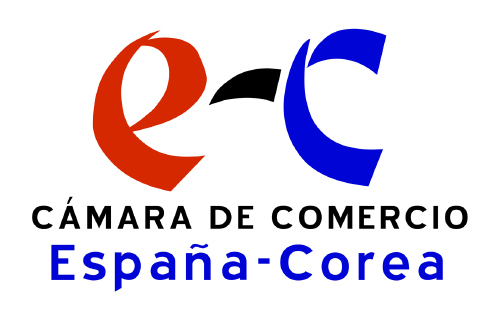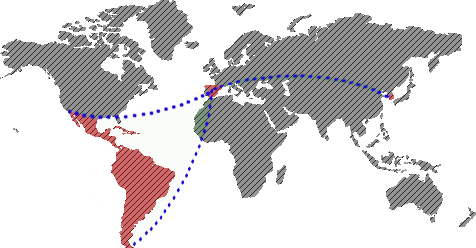ST. PETERSBURG, Russia ― President Park Geun-hye presented her vision of the so-called “creative economy,” Friday, as a solution to the global economic downturn to leaders of the world’s wealthiest nations.
 |
| From left, President Park Geun-hye, U.N. Secretary General Ban Ki-moon, IMF Chief Christine Lagarde and World Bank chief Jim Yong Kim head to attend a session of the G-20 summit in St. Petersburg, Russia, Thursday. / Yonhap |
The concept refers to the major goals that Park wants to achieve over her five-year tenure ― she hopes to spur the economy by encouraging tech start-ups and underpinning convergence between information technology and other businesses.
“In response to high unemployment rates and slow growth, the world came up with expansionary macroeconomic and active labor market policies. But we need to review them if they have structural flaws,” Park said during a keynote speech at the G20 Summit.
“I would like to suggest two new approaches; the creative economy and a disciplined market economy.”
As an example of the former, President Park cited Korean pop star Psy, who grabbed the global spotlight with his worldwide smash “Gangnam Style,” which chalked up more than 17 million views on YouTube.
“Psy demonstrated a good example of creating opportunity by taking advantage of a new media of YouTube,” Park said.
With regard to the market economy, Park stressed that the world failed to check the negative effects of deregulation carried out before the global financial crisis in the late 2000s.
“Before the financial tsunami, the world tried various ways of changing the regulations and systems to activate the market economy but they disregarded the side effects,” she said.
“It is as if players beefed up their power but nobody cared if the rules were kept. We are required to consider whether or not firms with monopolistic power deter the growth of venture start-ups and small-sized enterprises, a source of new employment.”
She added that without inclusive growth based on more job generation, the G20 will not be able to achieve its goal of strong, sustainable and balanced growth.
This was not the first time that Park chose to cite Psy as a role model for those who attempt to realize a creative economy.
“To overcome jobless growth, we need a paradigm shift through a creative economy. Toward that end, we have to invest in industrial fundamentals as well as nurture software and content, the core for added values,” she said in April after the science ministry’s report on its yearly plan.
“Unlike the past conventions of not paying royalties by slightly changing some moves of a dance, Psy is a model example for developers of software and content development because he acknowledged other people’s creativity.





